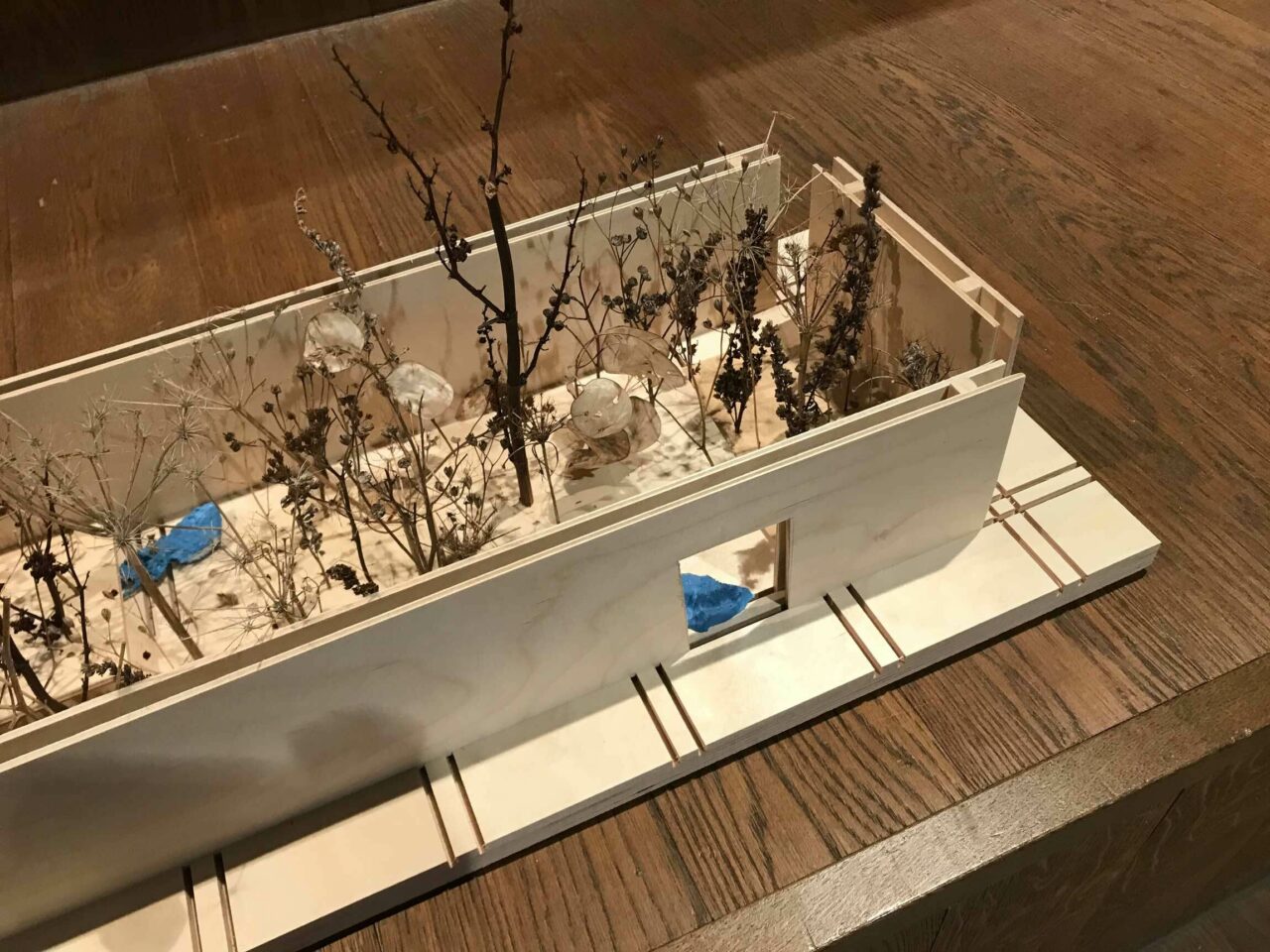KABK Research Lab: Design of Justice
KABK Research Lab - 2021
Design of Justice aimed to develop theory, gestures, concepts and designs to adapt formal structures of the justice system into a more user-friendly and emphatic judicial process for children, young people and legal professionals.
When a child has to go to court and comes into contact with a judge, this is often an impressive experience. Research has shown that children and young people who are in contact with the law would like to tell their own story to the judge when an important decision is made in their lives. However, this is only possible in a meaningful way when conditions are adapted to children. This means that the courtroom, which is embedded in a formal institution and hierarchical structure, needs adjustments to facilitate communication between the child, the judge and other actors involved.
KABK Research Lab aimed at designing the juvenile court of the future by bringing students from different disciplines together. The course was conducted together with lecturers and students from the Leiden Law School. University honours students and art academy students jointly designed prototypes of the judicial process that are suitable for speaking to children and young people.
In addition to the practical component of the course, it focused on socio-legal topics such as international children's rights and developments in the field of child-friendly justice, communicating with children and young people in institutional settings and on alternative designs for the judicial process that gives young people more room to be involved in their legal process. The creative development process, founded on legal principles and theoretical insights, formed a co-creation that led to proposals and suggestions for the ideal juvenile court of the future. The designed prototypes were presented to relevant stakeholders.
Maquette: juvenile court interior spaces
In order to be able to relate to the experience that a court case and court has on a child or young adult, students gained insight in legal proceedings in the Netherlands and the societal organisations Lawyers as Changemakers and Young in Prison introduced young people as experienced experts. Students also collaborated with the district court in The Hague and its legal professionals, such as judges, prosecutors, court clerks and lawyers.
Article,
Article on the project Design of Justice. The juvenile court of the Future by Stephanie Rap, assistant professor at Programme group: Forensic Child and Youth Care at the University of Amsterdam. The article is published in Tijdschrift voor Jeugd- en Kinderrechten, edition 4: ‘Kinderen, kunst en cultuur’, 2022.
Design of justice is presented to you by,
Soz Ali, Julietta Alibrandi, Lumeya Aşçibaşi, Virgil Campen, Jaidy de Caluwé, Kelvin Dijk, Julius Dusch, Juliette Gaal, Hilde Fledderman, Jai Ho Park, Kaat Hogendoorn, Eline Hulst, Rising Lai, Sep Louter, Jelmer Maarsen, Angjelina Nonaj, Elise Steverink, Maud Straatsma, Joost van Belois, Angelique van Bussel, Bram van Kuijck, Naomi Versseput
Lecturers,
Krijn Christiaansen and Cathelijne Montens, Royal Academy of Arts, The Hague,
Dr. Stephanie Rap, University of Amsterdam
Guest lecturers,
Jessica Helbach (curator and scenographer), Dorota Gazy (social designer and senior design researcher STBY)
Thank you for sharing your experience and knowledge,
Mariska Baaij, Lamyn Belgaroui, Mario van Dam, Bruce Dawson, Jessica Eelman, Noor Engbers, Klaartje Freeke, Malcolm Ireeuw, Alex de Lange, Wikke Monster, Coosje Peterse, Denzel Proeger, Wendy Smeets
This project is initiated by Lawyers as Changemakers, together with Young in Prison,
Klaartje Freeke, Wikke Monster
Facilitated by,
Royal Academy of Arts The Hague, BA Interior Architecture & Furniture Design, IST Leiden Law School, Honours College Program
Part of Interdisciplinary Collaboration,
The project is part of a interdisciplinary collaboration in four other cities in the Netherlands: in The Hague, Amsterdam, Almelo and Arnhem, together with the courts in these cities, the Royal Academy of Arts, The Hague, Leiden University, the Rietveld Academy, ArtEZ Zwolle, Hogeschool Saxion, ArtEZ Arnhem and Radboud University. The final presentation of the project takes place on 29 September 2022 at The Council for the Judiciary, The Hague. Design of Justice is funded by Creative Industries Fund NL and the Van der Mandele Foundation.
